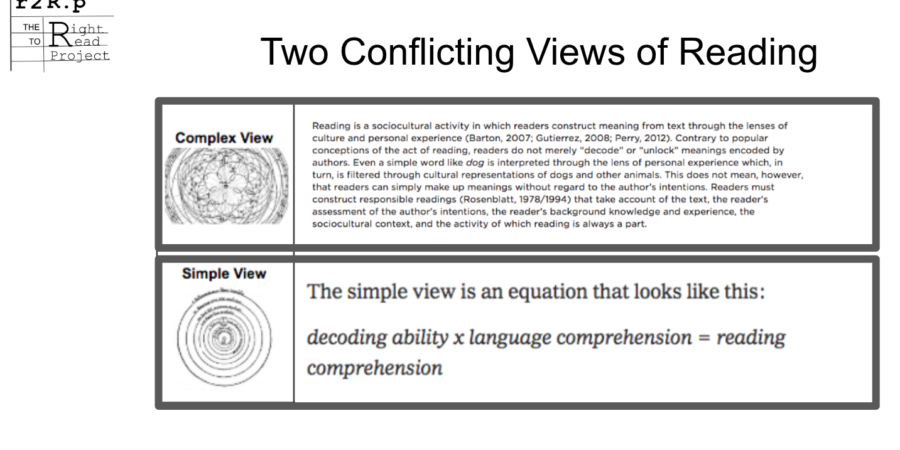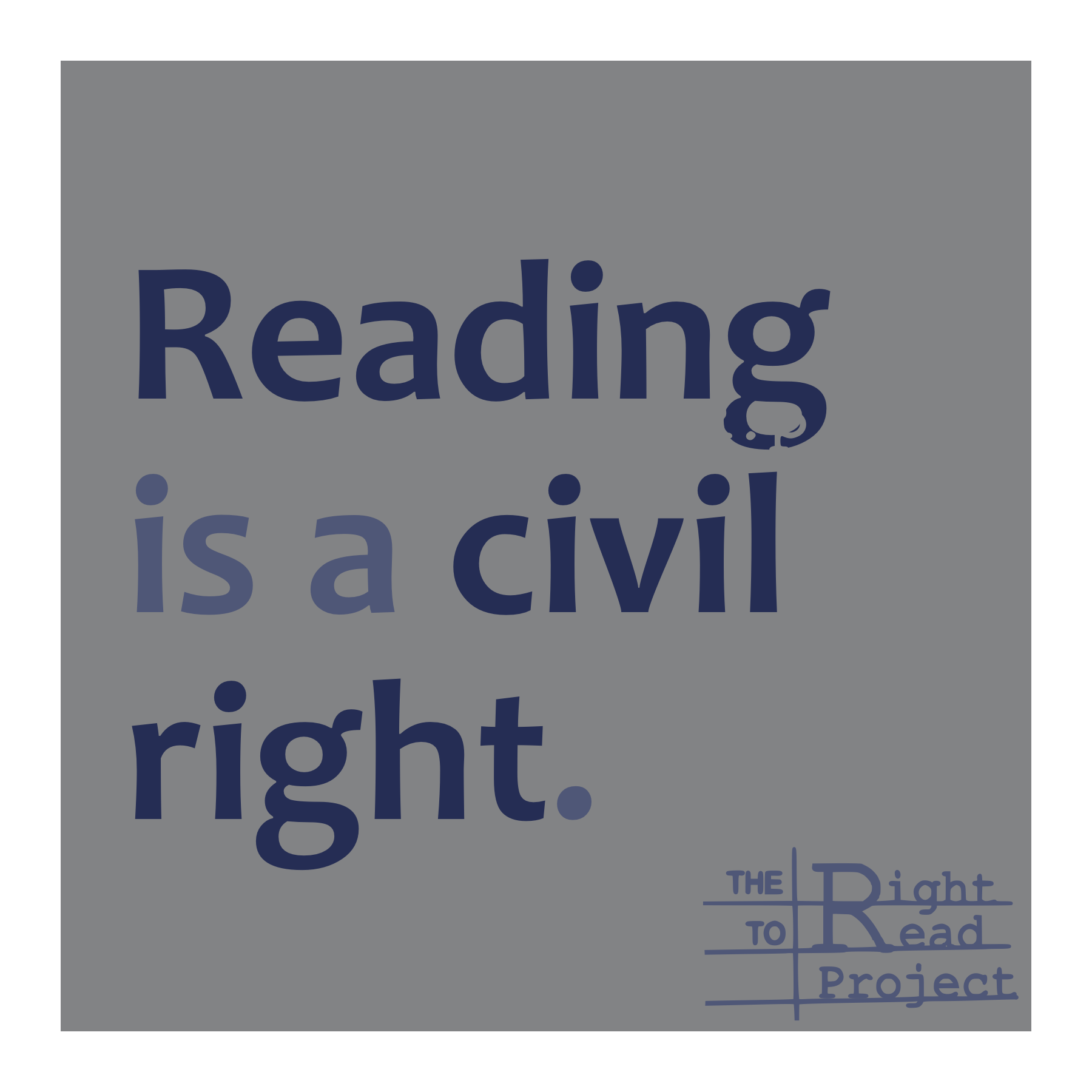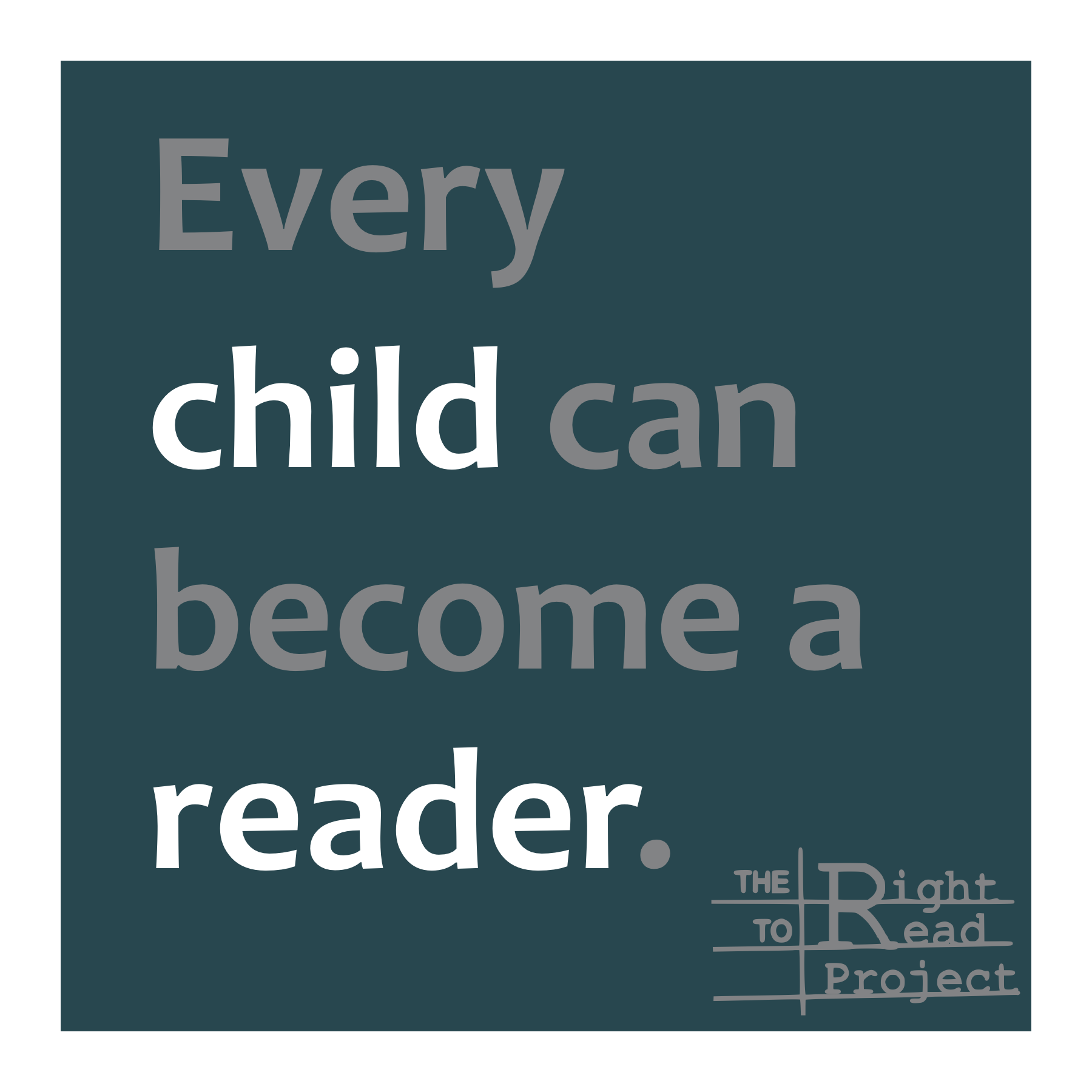I loved my first grade teacher, but she didn’t teach me how to read. The Start of a Problem Mrs. B earned her teaching credential during the height of Whole-Language. She read aloud to us every day and led projects related to books– making moon hats like Little Bear and our own Stone Soup. For a whole-class rendition of Where the Wild Things Are, a parent volunteer taped construction paper
For the Students We Wish We’d Taught Better
This Letter Was Originally Published in The Hechinger Report To the Editor: Re OPINION: A call for rejecting the newest reading wars Nov. 18, 2022 We are teachers who were sold the very story that journalist Emily Hanford describes in her new podcast: a myth about how students learn to crack the alphabetic code. So, we were disappointed to see the recent letter by fifty-eight professors, authors and curriculum developers
Dear Lucy, a second letter
Dear Lucy, When I wrote you a letter years ago, I urged you to consider the enormous impact you could have on classrooms, if you were to revise the trainings and materials offered by Teachers College Reading and Writing Project. I highlighted portions of Units of Study: Reading that instruct teachers to have students guess rather than decode words. And I made my letter public because I wanted to help
What Should We Do When a Reader Stumbles on a Word?
There’s a lot of bad advice out there for what to do when a reader comes to an unfamiliar word. While the exact language of problematic cues varies – Take a guess and sail on by! Skip the word and then reread. Use your eagle eye to look at the picture. – the premise of all these prompts is the same; they encourage young readers to use meaning or syntax
Predictable Books: Purpose-written for Guessing
The Good: Toddlers and preschoolers adore picture books with predictable language because they can emulate reading without needing to decode. Young children love Brown, Bear Brown Bear, What Do You See? and I Went Walking and Silly Sally because the repeating sentence patterns and big, bold, colorful illustrations allow them to confidently “read” the books by memorizing the patterns and looking at the pictures. Predictable books pique children’s interest in

Simple But Not Easy
As the foundations of Balanced Literacy begin to crumble, the proponents of Balanced Literacy are now presenting a new theory of reading, which they call the Complex View. In this reincarnation of the reading wars, the Complex View seeks to counter a well-researched alternative, The Simple View. I was struck last month by the contrast between two articles that were published on the same day: Two Publications from December 5th
Reading Behaviors ≠ Reading
When I became a reading interventionist, my first graders taught me that Guided Reading isn’t as effective as I had once believed. Initially, my attention was on my readers’ “strengths.” Mistakes in reading were not problems but rather “miscues,” windows into my students’ minds and reassurance that they needed me for guidance as they read. But as I observed my students, I noticed them develop misunderstandings about reading. Reading Is
Discussion Guide: At a Loss for Words
This facilitator’s guide is intended to provide possible points for pause and discussion as educators, advocacy groups, and community members listen to At a Loss for Words from APM Reports. You’ll find that some of the questions have related resources to enhance your discussion. You will also find additional reading, images, and a video embedded in the APM article. We would love to hear about your experiences discussing the podcast
What F&P Have “Clarified” and What They Haven’t
The Fountas and Pinnell leveling system is designed to help teachers match students with books they can read. Period. Whether or not it actually does that will be covered in the next blog, but first… Districts across the country use Fountas and Pinnell materials in ways contrary to the creators’ intent, which is a problem separate from the materials themselves. “It is our belief that levels have no place in








